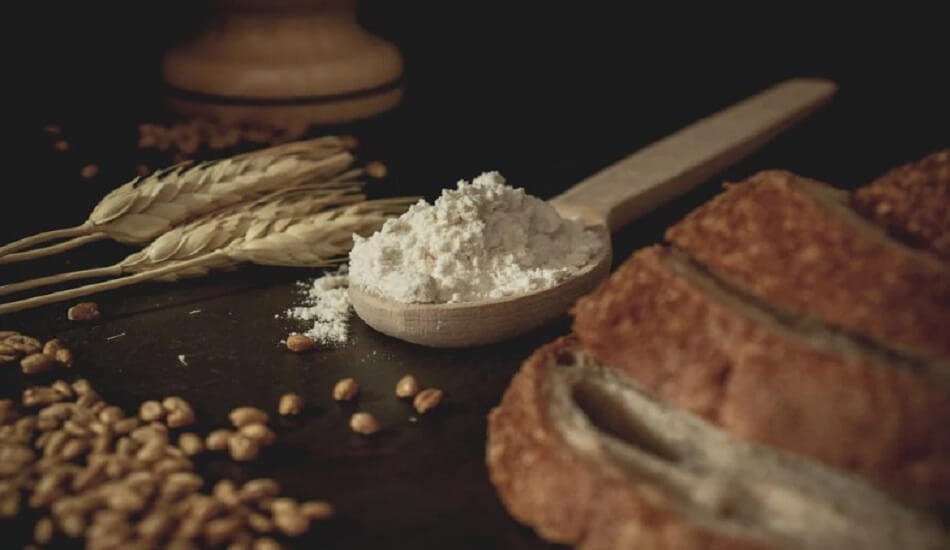Egypt agreed to buy 180,000 tonnes of wheat from India: Aly Moselhy
Egypt has agreed to buy 180,000 tonnes of wheat from India, which is less than what was agreed upon before. However, the supply minister said on Sunday that Egypt is looking into ways to get more flour out of grains and even use potatoes to make bread as a way to cut down on imports.
Egypt has been one of the biggest wheat importers in the world. In recent years, it has bought most of its wheat from the Black Sea, but Russia’s invasion of Ukraine has made that harder to do.
Also Read | India’s wheat shipment that was rejected by Turkey was sold via Swiss trading house.
The war has also made it more expensive to bring the wheat into the country. Egypt mostly buys wheat from other countries so that it can give heavily subsidized bread to more than 70 million of its 103 million people.
In May, Egypt’s Supply Minister Aly Moselhy said that the country had agreed to buy 500,000 tonnes of wheat from India. This was part of an effort to get goods from different places. In the same month, India stopped exporting wheat, but it made an exception for Egypt and other countries that needed to make sure they had enough food.
Moselhy said at a news conference on Sunday, ‘From what the supplier said, the condition was that the wheat had to be at the ports before it would be available.’
‘We agreed to buy 500,000 tonnes, but it turns out that the supplier already has 180,000 tonnes in the port.’ Moselhy also said that Egypt was talking with Russian suppliers about making a deal to buy wheat.
Moselhy also said that Egypt is looking for ways to get more flour from grain so that the amount of flour extracted for subsidized bread can go up from 82 percent to 87.5 percent.
Also Read | First time, Turkey ordered 50,000 tonnes of wheat from India, prices up by 15%.
That could save about 500,000 tonnes of wheat from being imported, which would mean importing between 5.5 and 5.6 million tonnes of wheat for the fiscal year 2022/23.
Another idea that was tried was adding potatoes to wheat flour. Moselhy said, ‘Right now, we’re looking at the technology.’ Moselhy says that the current stock of wheat will last for about 6 months after the local harvest of 3.9 million tonnes.


















Add Comment